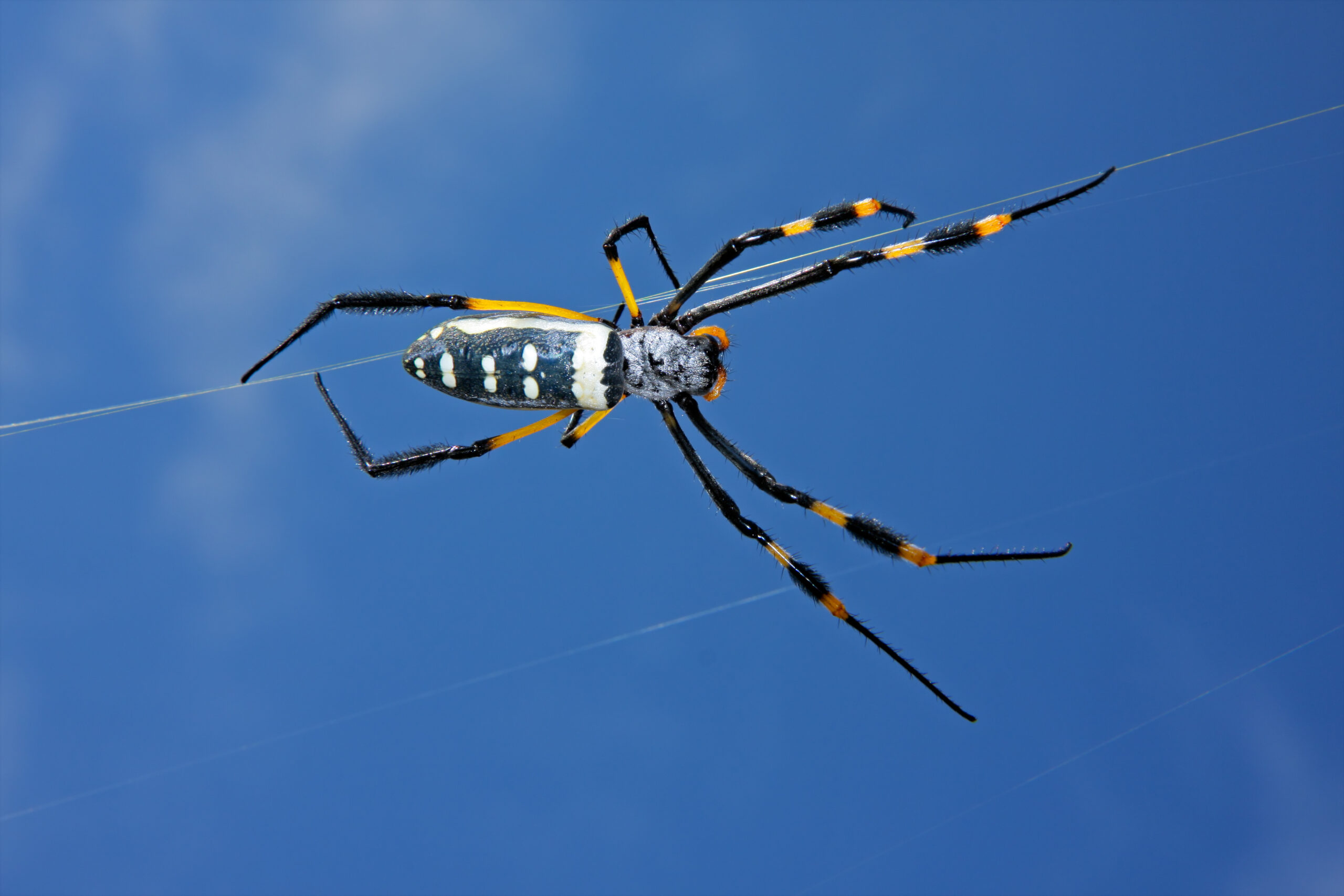Latest research animations
Self-assembly of spider silk
This gut microbe might protect against diabetes and reduce insulin resistance
NEW: One-way hydrogel guides motion of tiny worms!
Latest Posts
No Results Found
The page you requested could not be found. Try refining your search, or use the navigation above to locate the post.
Gut bacteria double team worsens symptoms of multiple sclerosis
Something smells fishy: categorizing odors in the brain
Photosynthetic bacteria spin spider silk for the masses
Blood cell mutations linked to leukemia are inevitable
Organic nitrogen in soil helps crop growth
Consciousness, brain connections, and the claustrum
A new imaging biomarker for the aging brain
Sphingolipid S1P: Potential new target for schizophrenia treatment
Staining that lights up whole organs and bodies
Apr
6

Diagnosing fetal heart disease benefits from explanatory AI
Diagnosis accuracy improved when doctors used explanatory AI to help diagnose congenital heart disease from fetal ultrasound videos.
Apr
5

Chaos theory provides hints for controlling the weather
Computer simulations were used to show that small adjustments to certain variables in the weather system could modify weather phenomena such as sudden downpours.
Mar
29

Robotic exoskeleton learns to help people stand up
Feb
25

Nanocarrier spray: better crops without genetic modification
Gene expression, but not genomes, altered in plants and crops with a spray containing bioactive molecules tethered to nanocarrier peptides
Feb
16

Introducing Nikola, the emotional android boy
A new android named Nikola will help researchers study facial expressions, emotions, and social interactions.
Feb
15

Green hydrogen production for fuel cells and fertilizers
A new method of water electrolysis avoids rare metals, making hydrogen production green and sustainable.









